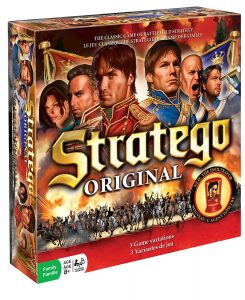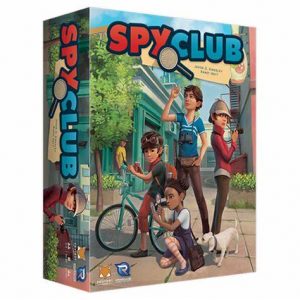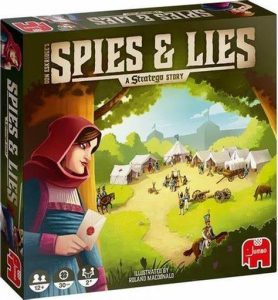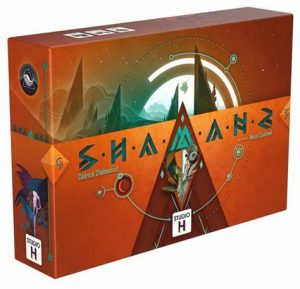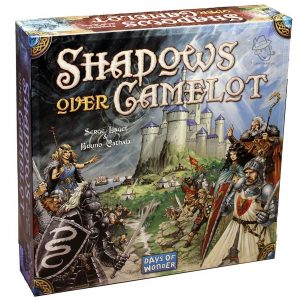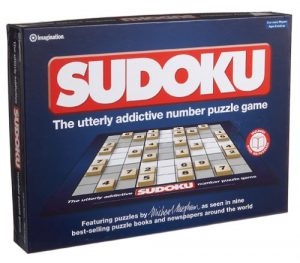
Sudoku Board
In this variation of a game based on the Sudoku puzzle, a “host” (referee) sets up the board with the initial Sudoku puzzle (using one of the 162 puzzles supplied, broken into Easy, Medium, and Hard groups, or by using others found on the web site whose URL is provided in the instructions) by laying the numbered tiles on the blank Sudoku layout board. Players (or teams) take turns adding one tile (and only one tile) to the board.
Points are scored for correct placement based on the number of the tile laid (placing a “6” gets the player 6 points). Points are lost for misplayed tiles (placing a “6” incorrectly costs the player 6 points). A misplayed tile is removed from the board.
Bonus points are won or lost for correctly/incorrectly completing a row or column (5 points each) or a 3×3 block (15 points) or the whole puzzle (20 points).
Repeat until each player has had a turn being “host”, and the player with the most cumulative points wins.
Game Mechanics:
- Deduction
- Pattern Building
- Puzzle Tile Placement
Game Specifications:
- 1 – 4 Players
- ~30 Minutes
- Difficulty Weight 1.83
